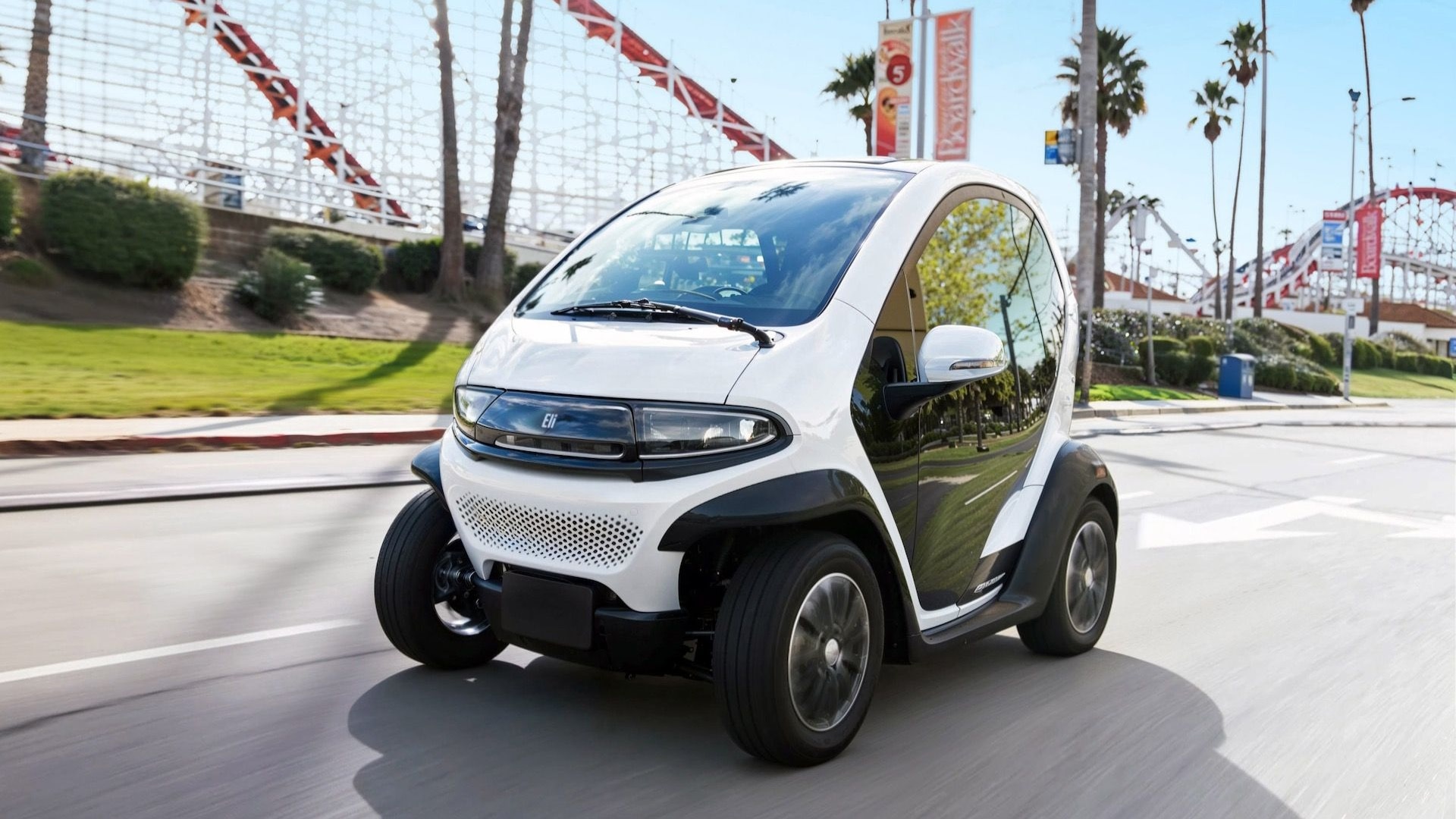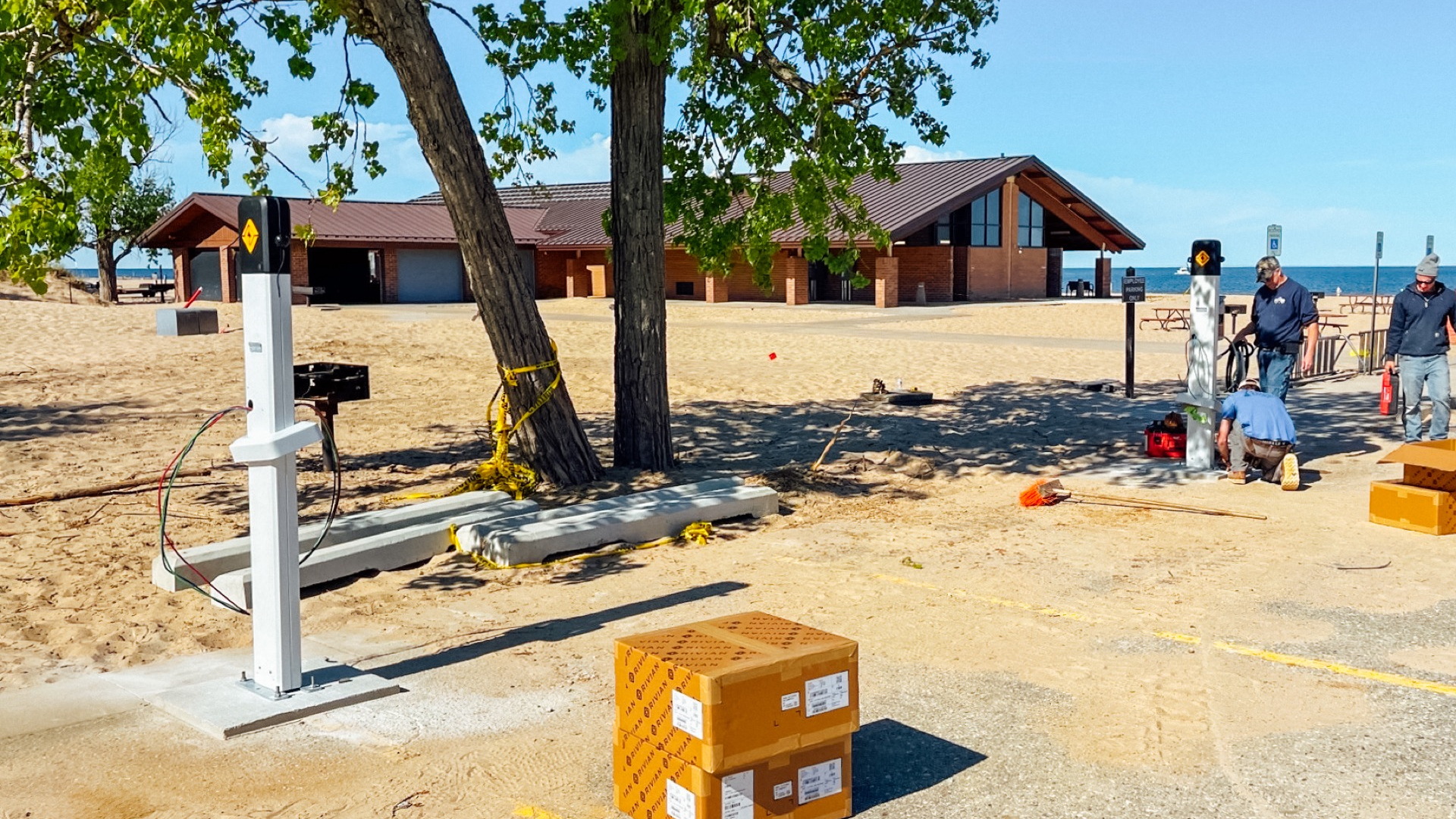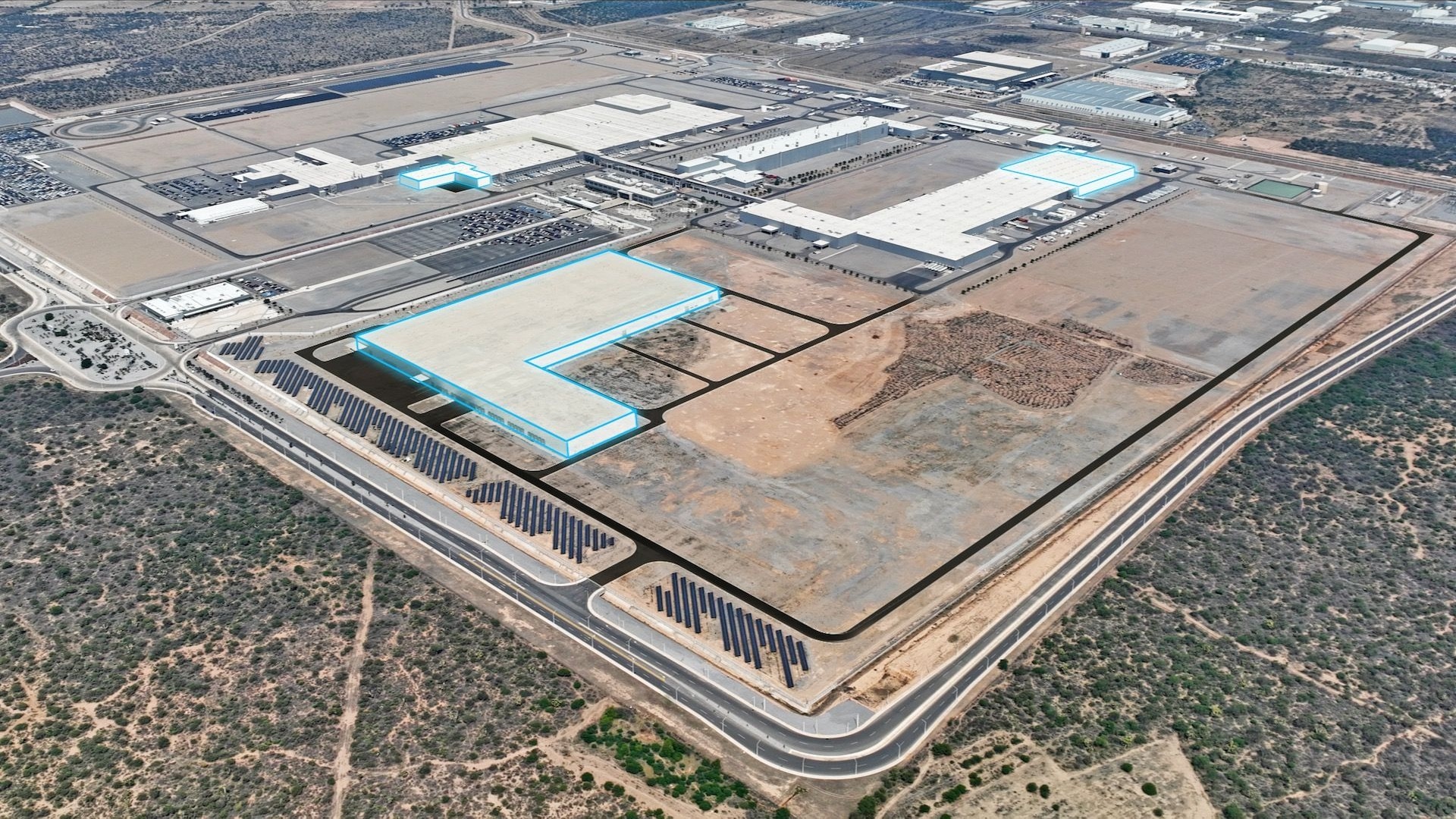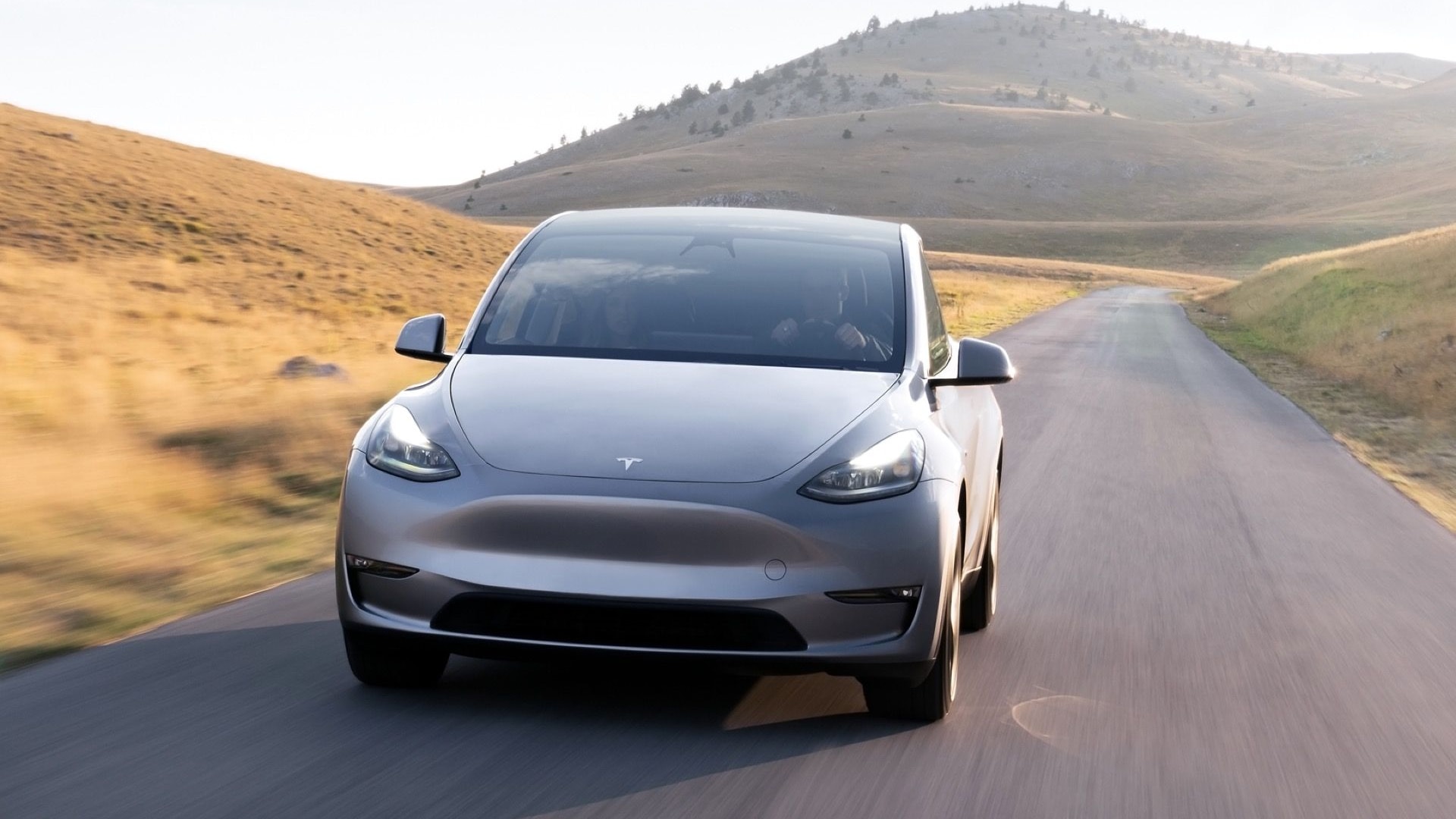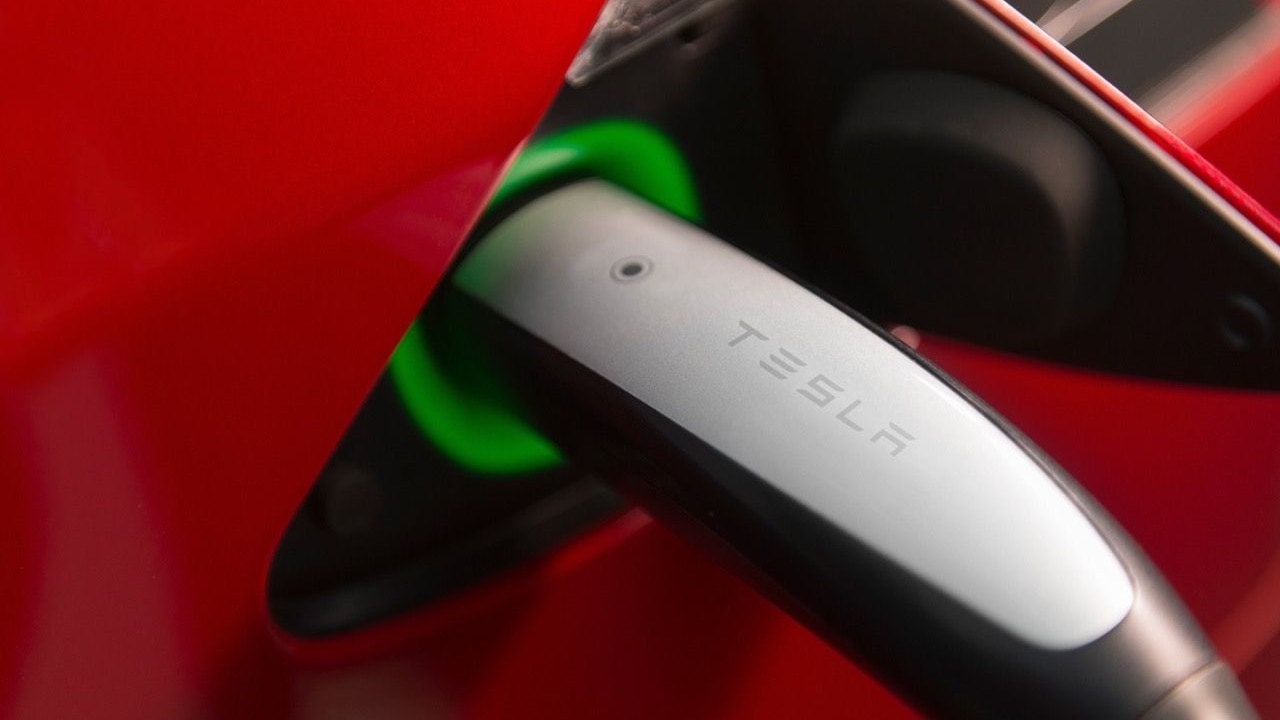Con men are well known for their ability to sell their victims fake goods, extract money or even con them out of their homes.
But con men traditionally prey on individuals, concentrating on the vulnerable, naive or greedy. So just how did con men convince an automotive giant to hand over nearly $380,000 in exchange for details of alleged industrial espionage in which electric vehicle secrets were being sold to competitors overseas?
Honestly, we can’t begin to answer that question. But that’s exactly what joint Nissan/Renault CEO Carlos Ghosn has to do under increasing pressure from Renault shareholders and even the French government, which owns 15 percent of the automaker.
It all started back in January, when Renault suspended three of its executives without pay. Claiming it had received information via its security officers from anonymous third party that implicated the three men in a plot to sell secrets behind its electric car program, Renault’s initial actions were swift and merciless.

Renault EV Concepts
By the end of January, all three men had been fired. But as one of the fired men (Betrand Rochette) detailed in a deformation lawsuit against Renault, the automaker didn’t have much proof that he was even involved.
Undeterred and still convinced that someone in China was after its secrets, Renault continued its investigations, determined to prove that the three men were to blame.
Except it couldn’t find any evidence the three men it had fired were involved in any way, even after trips to Switzerland and Liechtenstein to investigate supposed offshore bank accounts belonging to the trio.
Without evidence the case literally fell apart, and everyone involved started to realize the terrible truth: Renault had been duped.
Oops.
Last week, Renault executives admitted the identity of the informant who walked away with $380,000 of its money was only known to two people at Renault: two of its security managers.
Reports from the French media suggested that the two men were refusing to give their informant’s name but the DCRI, the French Domestic Intelligence Agency has confirmed that the men have been interviewed multiple times about the fraud.

Renault Twizy Z.E. electric vehicle
Late last week, lawyers for one of the three men contacted none other than the French President to demand he intervene in the case. Complaining that his client was not given access to the original complaint filed against him by Renault, the lawyer pushed for full disclosure, warning that a failure to comply would involve the case being heard in the European court of Human Rights.
Which leaves Renault the unenviable task of explaining itself under the powerful gaze of the French government.
Government spokesman Francois Baroin told French LCI television today just how unimpressed it was by the fiasco, saying, “We must take all the consequences ... from the incredible amateurism, and the indignity, and the attack against these men.”
So how far should the consequences go?
Renault has offered to reinstate all three accused executives but quite frankly we can’t imagine any of them wish to return. After all, a pay rise and a company car isn't going to make up for being falsely accused of industrial espionage, is it?
Earlier this week Renault COO Patrick Pélata had his own offer of resignation rejected by CEO Carlos Ghosn, who told reporters that he “did not want to add one crisis to another.”
With an ongoing investigation into the identity of the fraudsters the case is likely to rumble on for months.
Will Carlos Ghosn, Renault and its sister company Nissan emerge unscathed? Only time will tell.
[Renault] [Reuters]




